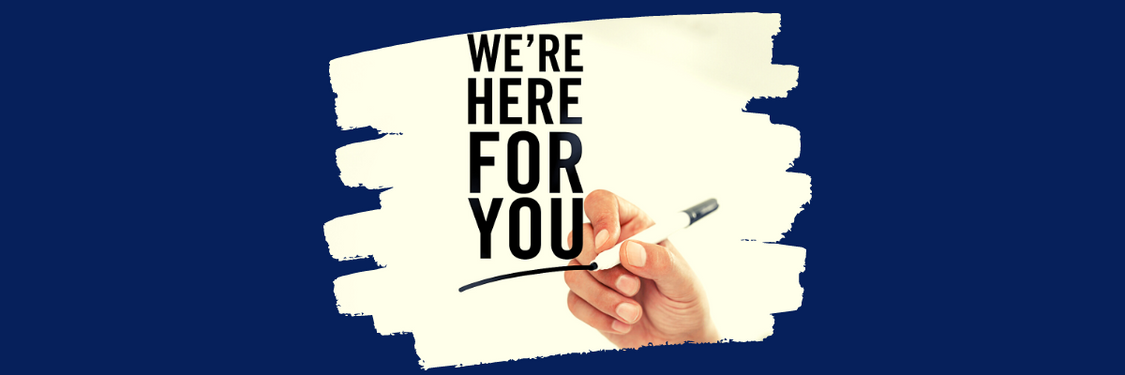About MAT
Medications for Addiction treatment (MAT) is the use of medications and should be used in combination with counseling and behavioral therapies for the treatment of substance use disorders. MAT provides a “whole-patient” approach to treat addiction. MAT can help to reestablish normal brain function, reduce substance cravings and prevent relapse. The longer in treatment, the more the individual will be able to manage their dependency and move toward recovery.
To Treat Opiate Use Disorder (OUD), Individuals may Receive:
Buprenorphine (Suboxone, Sublocade, Brixadi)
Used to treat opioid use disorder, buprenorphine can block opioid withdrawal and reduce cravings. It also blocks other opioids when it is taken at the treatment dose. It is a partial opioid and is a controlled substance.
Naltrexone (Revia, Vivitrol)
Used to treat opioid and alcohol use disorder, naltrexone is a non-narcotic, non-addictive opioid antagonist that blocks the euphoric effects of opioids.
Methadone
Used to treat opioid use disorder, methadone can block the symptoms of opiate withdrawal and reduce cravings for opioids. Methadone treatment must take place in a SAMHSA-certified opioid treatment program. It is a controlled substance and has abuse potential.
To Treat Alcohol Use Disorder (AUD), Individuals may Receive:
Naltrexone (Revia, Vivitrol)
This helps block some of the rewarding or reinforcing effects of alcohol to decrease the likelihood of continued drinking.
Acamprosate (Campral)
This helps people who are trying to avoid alcohol use. Acamprosate does not prevent withdrawal symptoms but helps individuals avoid alcohol use.
Disulfiram (Antabuse)
This is designed to decrease drinking behavior in people who have already detoxed or have begun a period of abstinence. It causes unpleasant symptoms if you drink, so it can help decrease relapse risks when taken daily. It is best used with someone who holds the person accountable to take it daily.
Topiramate (Topamax)
This medication can help reduce the urge to drink alcohol. It is also used to prevent migraine headaches and can be useful in the treatment of anxiety disorders.
To Treat Stimulant Disorder (SUD), Individuals may Receive:
Bupropion (Wellbutrin)
This medication can reduce urges to use stimulants like methamphetamines or cocaine. It has a mildly stimulating effect and can increase energy, making it an effective treatment for other conditions like depression and ADHD. It is also a medication used for anxiety disorder, and can help with nicotine cessation.
Mirtazapine (Remeron)
This medication was originally created to treat mood disorders like anxiety and depression. It is sometimes sedating, so it should be taken at night. It can reduce the urge to use certain stimulants, especially methamphetamines.
Guanfacine (Intuniv)
This medication is an ADHD treatment medication that can also help lower urges for people who have a methamphetamine use disorder.
To Treat Nicotine Use Disorder, Individuals may Receive:
Nicotine replacement (patches, gum, lozenges)
Nicotine replacement is the first choice for many people trying to quit. They have been shown to be helpful for people who are motivated and set a quit date.
Bupropion (Wellbutrin)
This medication can reduce urges to use nicotine. It also is a medication sometimes used to lower cravings for stimulants like methamphetamines or cocaine. It has a mildly stimulating effect and can increase energy, making it an effective treatment for other conditions like depression and ADHD. It is also a medication used for anxiety disorder.
Varenicline (Chantix)
This medication is basically a nicotine receptor blocking chemical. It is the most effective anti-nicotine medication available to help people who are motivated to quit.

